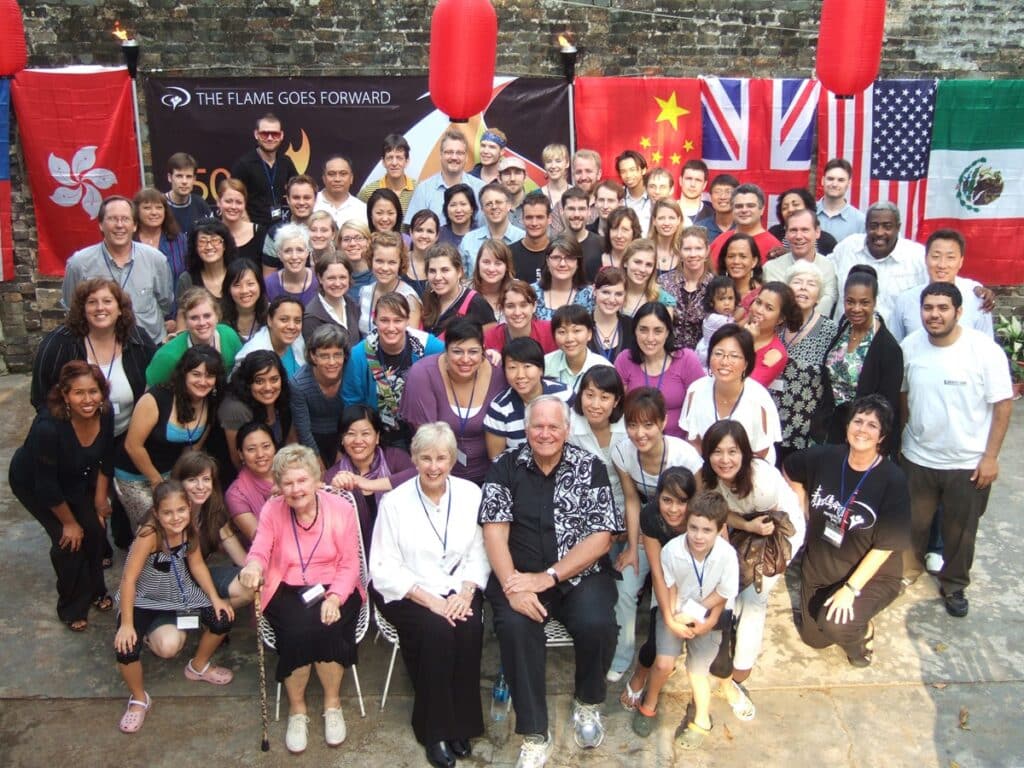Related Articles
Challenges to Abou’s Jesus
Abou Traore was not a traditional sorcerer, the kind who regulates daily events in a small traditional village. Rather he worked hand-in-hand with the Muslim leaders in larger towns of Burkina Faso.
Loren Cunningham’s Legacy: Transforming Missions
By Charis Jackson and Lynn Green | To say Loren Cunningham reshaped missions is not an overstatement. It’s a fact. From the vision of waves turning into young people on every shore, to the last catalytic call to see every native tongue have an oral translation of the Bible, Loren was a man who loved the Lord and inspired peoples from every nation to join in on the adventure of God.
Territorial Spirits and World Missions
The subject of territorial spirits and world missions is surfacing on the agendas of many church, seminary, and mission leaders.
Territorial Spirits and World Missions
The subject of territorial spirits and world missions is surfacing on the agendas of many church, seminary, and mission leaders.
The Problem of Witchcraft in Malawi
Evil spirits and demonic forces are very real issues today. Van der Meer reflects on how the Church in Africa has responded and action steps to move forward biblically.

